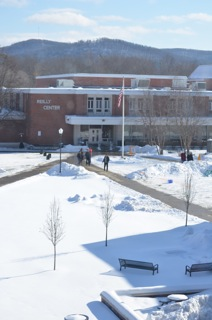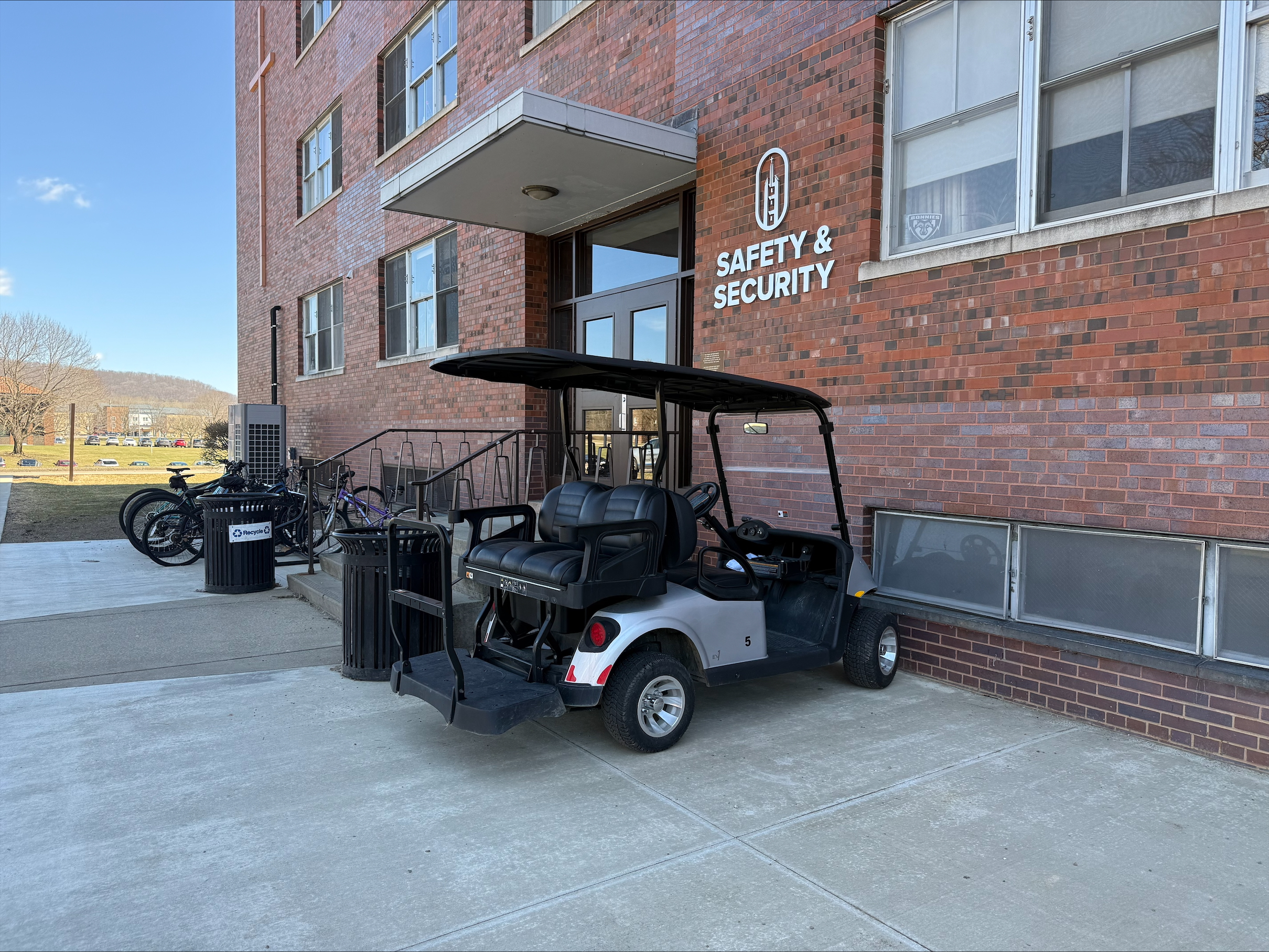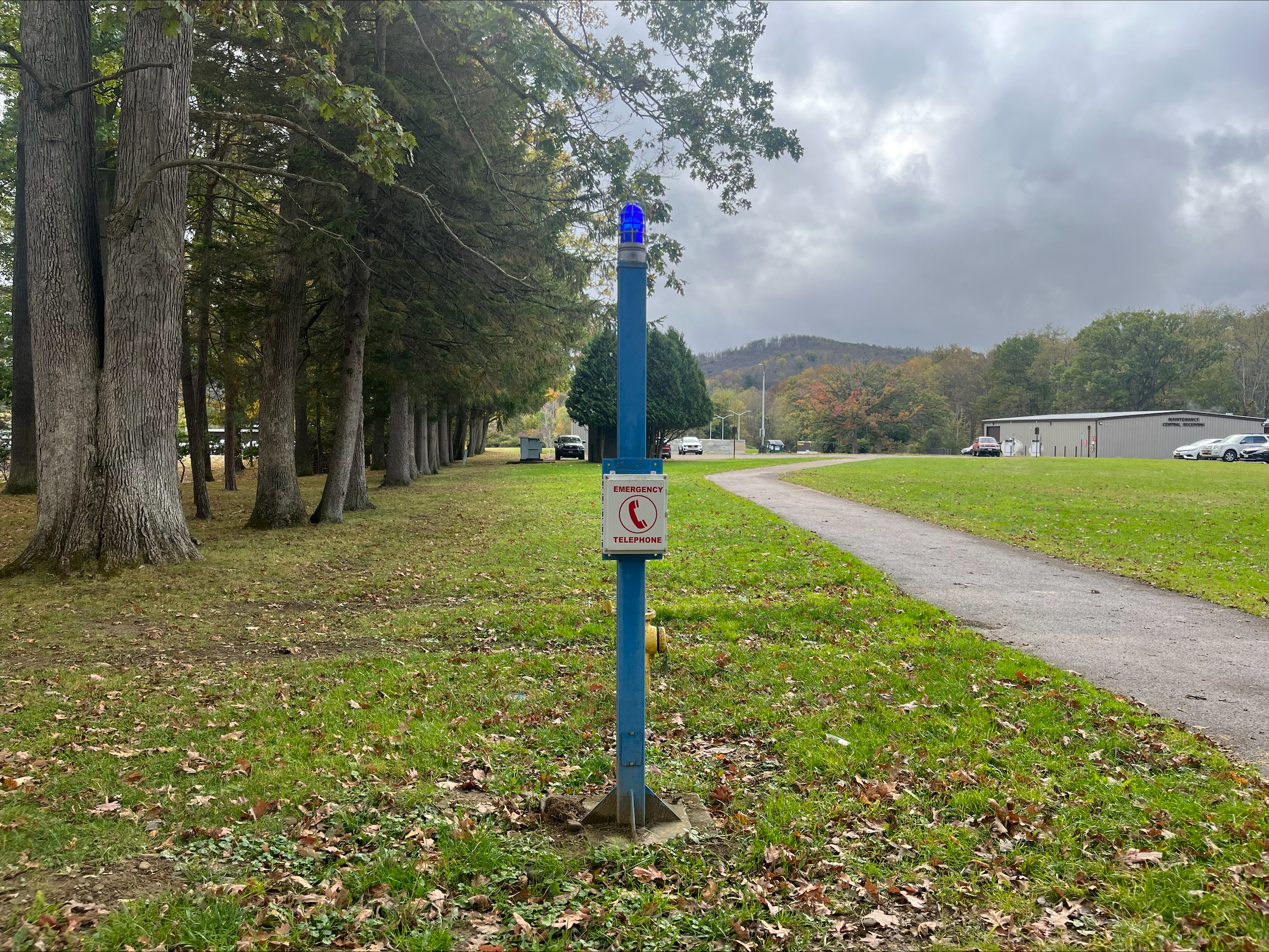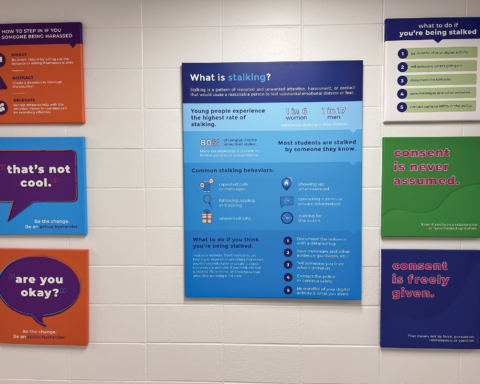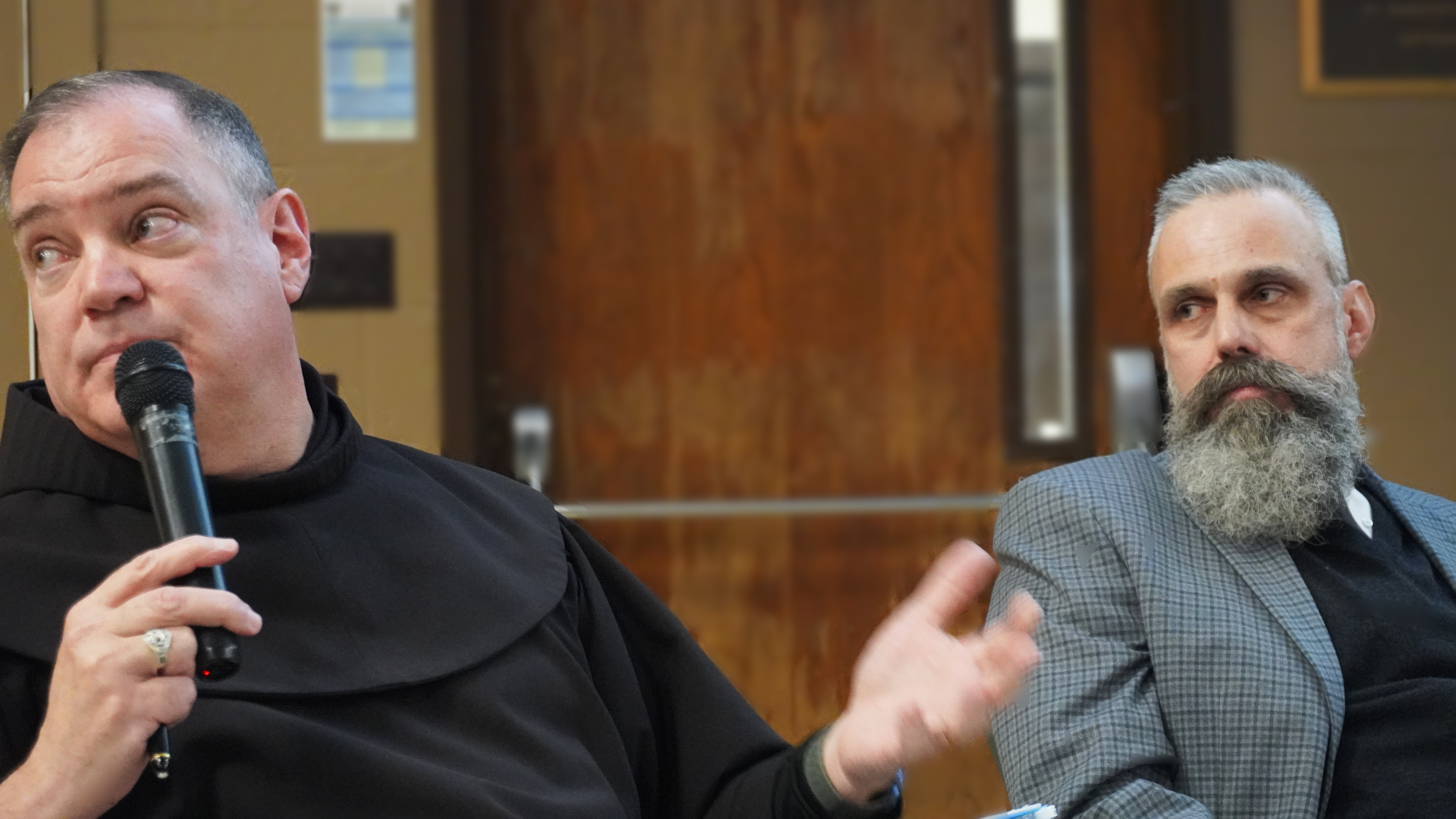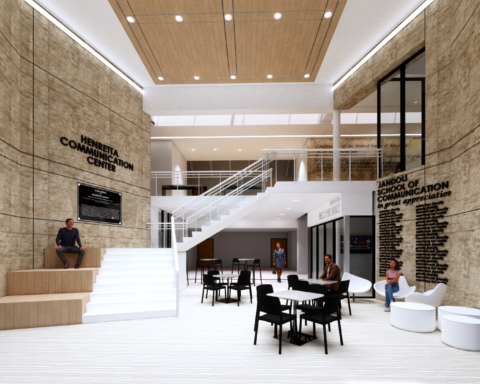By Lian Bunny
News Editor
Eight of the last 15 school days have reached zero degrees or below at St. Bonaventure University.
The university has not canceled classes once.
According to St. Bonaventure’s Winter Weather Class Cancellation Procedure, which can be found on my.sbu.edu, Safety and Security assesses campus roads and sidewalks, and notifies maintenance if more than 2 inches of snow has accumulated overnight or there are icy conditions.
At 5:30 a.m. the Safety and Security dispatcher contacts the Cattaraugus County Sheriff’s Department to ask about travel advisory information and/or road closures.
At 6 a.m. either Rob Hurlburt, associate director of facilities for maintenance, or Philip Winger, associate vice president for facilities, decides on a recommendation for class cancellation, deliberating with Ralph Aloia, the interim director of Safety and Security.
According to the winter weather cancellation policy, their decision “will be based on safety considerations of students and staff, and the ability of our maintenance department to keep up with snow and ice clearance.” Potentially hazardous roads will also be considered.
If the recommendation is to cancel class, Aloia will contact Michael Fischer, the provost and vice president for Academic Affairs, who holds the authority to cancel classes on behalf of the university.
Dakota Ward, a sophomore journalism and mass communication major, said he thinks classes should have been canceled at least one of the days with negative temperatures.
“Most kids do not drive to campus who live in the townhouses, so during that week when it was in the negatives, students had to walk all the way from the townhouses or had to skip class,” Ward said. “So for the students who decided to stay indoors and miss class, [they] should not be penalized. It definitely is the university’s fault for not canceling class. [It] should take into consideration that not all students live on campus.”
However, according to Fischer, a combination of factors would have most likely led to the cancellation of classes, such as severe cold combined with high winds and heavy snow.
Severe weather combined with extenuating factors may lead to class cancellation as well.
Fischer used Hilbert College as an example. The college closed on Feb. 20 due to severe cold combined with lost electricity.
Fischer said St. Bonaventure would have likely closed under the same conditions.
“Unlike most elementary and secondary schools in our region, we don’t plan any ‘snow days’ into our calendar,” Fischer said. “Therefore, the term ‘cancelling’ class is really a misnomer. If we were to have to close due to weather we could need to ‘reschedule’ the missed classes, for example to Saturdays or days originally scheduled as a break, in order to ensure that we met the minimum class time requirements set by New York State.”

